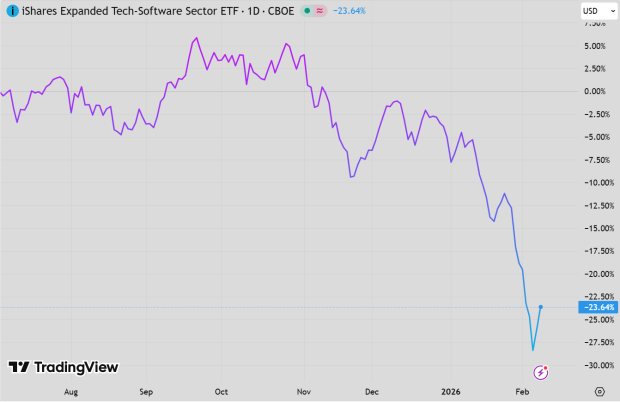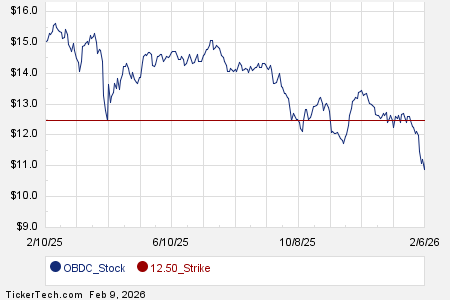Important Social Security Changes Coming in 2025 You Need to Know
The Social Security program, which has served Americans for nearly a century, is set for several significant changes in the year ahead. These adjustments will not only impact current retirees but could also affect younger workers and future retirees.
Here’s a closer look at what’s on the horizon for Social Security in 2025.

Image source: Getty Images.
1. A 2.5% Increase in Social Security Benefits
Each year, the Social Security Administration adjusts benefits for inflation through what is known as the cost-of-living adjustment (COLA). In 2025, this adjustment will be 2.5%, the smallest increase seen in recent years.
However, due to a decrease in inflation, seniors may enjoy lower prices on essentials like groceries and gas, somewhat countering the impact of a smaller raise in benefits.
2. Higher Earnings-Test Limit for Working Seniors
Seniors receiving Social Security can still work, but their earnings may impact their benefits if they haven’t reached full retirement age, which is 67 for those born in 1960 or later. In 2025, the standard earnings-test limit will increase to $23,400, up from $22,320 in 2024.
If you will reach full retirement age sometime in 2025 but are not yet that age at the start of the year, your limit increases significantly to $62,160, up from $59,520 in 2024. For amounts over these limits, $1 will be withheld from your Social Security for every $2 or $3 earned above the thresholds, respectively.
Remember, any withheld benefits are not lost; your payments will adjust and increase once you reach full retirement age.
3. Rise in Social Security Wage Cap
The wage cap determines how much of your income is subject to Social Security taxes. For 2025, this cap will rise to $176,100, compared to $168,600 the previous year. If you earn over $200,000, you won’t pay Social Security tax on the extra $23,900.
This structure results in a similar tax burden for someone earning $176,100 and those making millions, leading some lawmakers to call for adjustments to this system. However, changes are complicated as benefits are tied to these taxable wages.
4. Increased Earnings Threshold for Work Credits
To qualify for Social Security retirement benefits, individuals need a total of 40 work credits, with a maximum of four credits earned per year. In 2025, the value of one work credit will rise to $1,810, up from $1,730. Therefore, earning the maximum four credits will require a minimum income of $7,240.
This change primarily affects part-time workers or gig employees, especially as they strive to meet the earnings threshold.
Understanding these adjustments is crucial, as they may impact your financial plans. If you’re a higher earner, consider strategies to minimize your tax burden due to the increased wage cap. Furthermore, if you’re a retiree, knowing how much you can earn before affecting your benefits will help in planning your income.
Potential Hidden Bonus: $22,924 for Retirees
Many retirees are unaware of strategies that can significantly improve their retirement income. These “Social Security secrets” might help you secure up to an additional $22,924 each year. Knowing how to maximize your benefits could lead to a more secure retirement. Click here to explore these financial strategies.
View the “Social Security secrets” »
The Motley Fool has a disclosure policy.
The views and opinions expressed herein are the views and opinions of the author and do not necessarily reflect those of Nasdaq, Inc.








